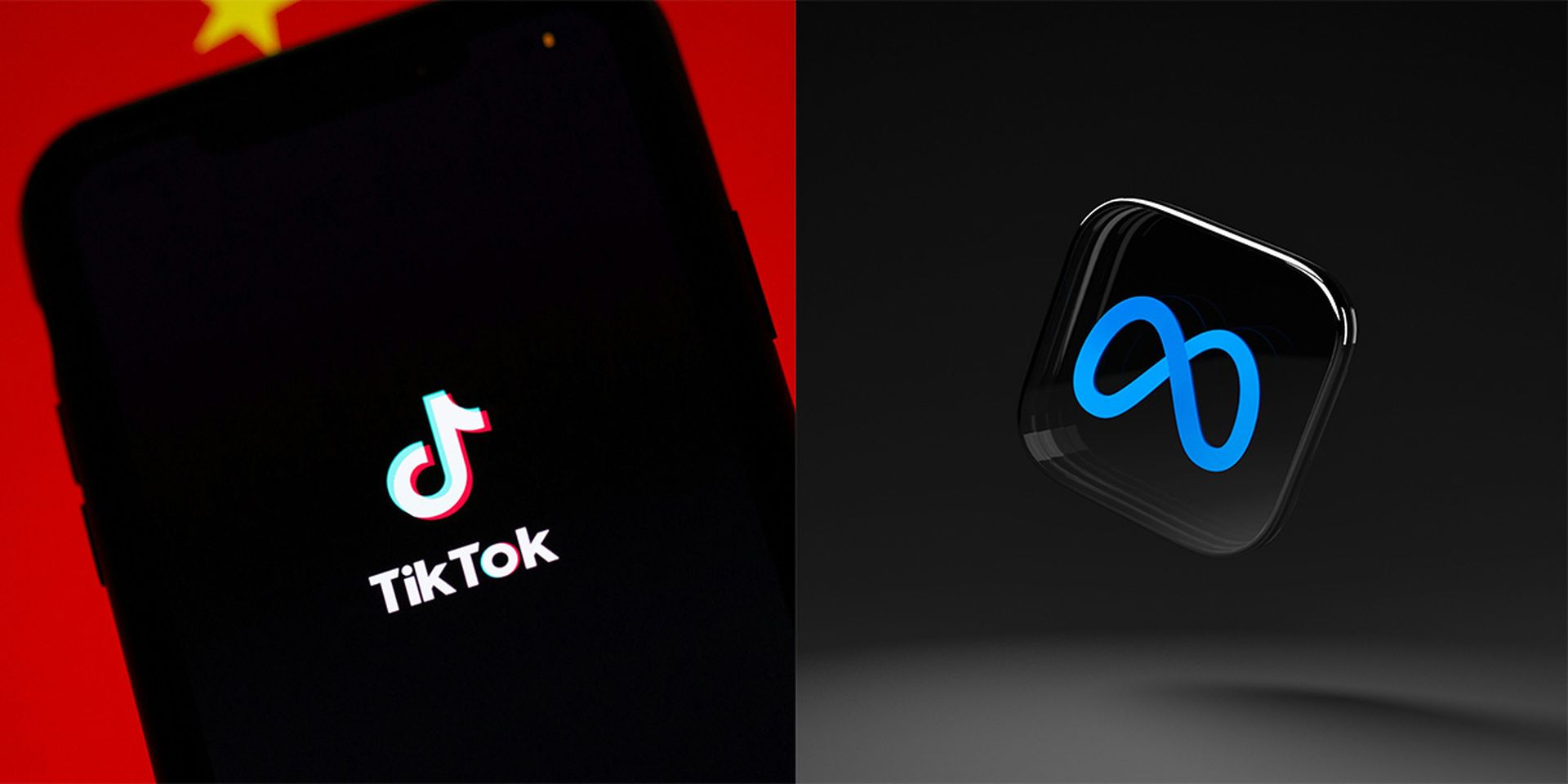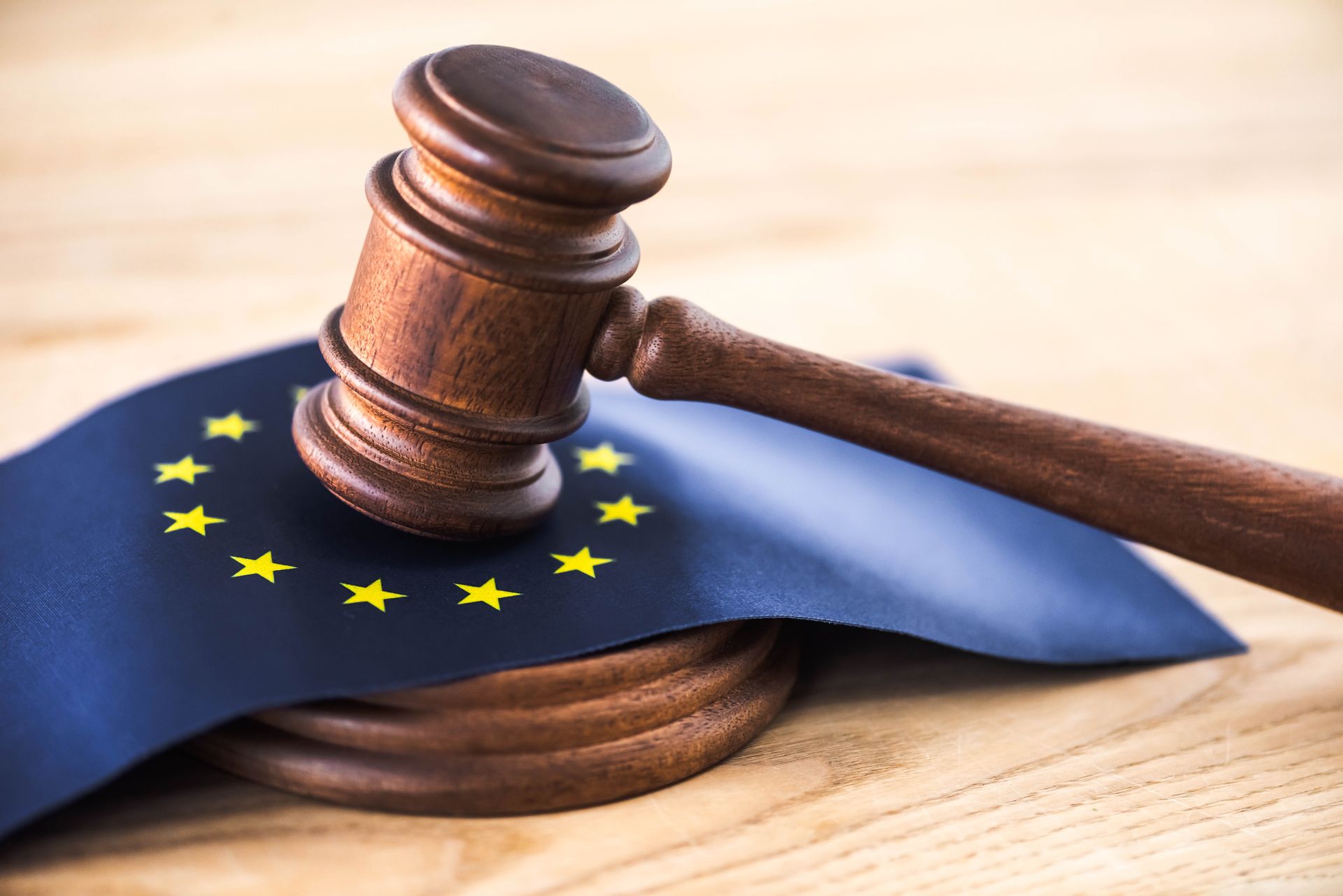The European Union’s moves to regulate the digital space have upset tech giants Meta and TikTok. These laws, called the Digital Markets Act (DMA) and the Digital Services Act (DSA), require tech companies to comply with new rules set by the European Union. However, Meta and TikTok oppose these rules and have taken the matter to court.
Meta and TikTok file a lawsuit against the European Union’s Digital Markets Act
The DMA aims to create a more robust competitive environment in the European Union’s technology sector. It will allow smaller tech companies to compete more fairly with their larger rivals. In addition, the DMA aims to make popular messaging services more transparent and facilitate communication between different platforms. This is expected to offer consumers more choices and increase competition.

The DSA, on the other hand, aims to put big platforms under more control. It requires platforms to prevent disinformation, remove illegal content quickly, protect children, and mitigate certain risks. They must also be subject to regular audits and follow certain rules.
Meta and TikTok oppose the inspection fees set for them under the DMA and DSA. European Union regulators require each company to pay a fee based on the number of users and revenue. However, Meta and TikTok believe these fees are unfair and have sued the European Union.

Under current regulations, each platform has to pay a set amount. But big tech companies like Meta and TikTok argue that these fees are disproportionate. This could result in even loss-making companies having to pay, even if they have large user bases.
With Meta and TikTok suing, the debate over the European Union’s digital regulations could heat up further. Even if tech giants do not want to abide by the rules set by the European Union, they may be forced to be influenced by these laws. As a result, it will become clearer in the coming period how the DMA and DSA will change the technology sector.
Featured image credit: LightFieldStudios / Envato




